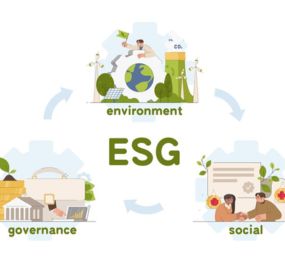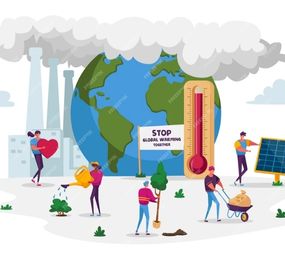Climate resilience is becoming a critical consideration in supply chain management as businesses face increasing risks from climate change impacts. From extreme weather events to resource scarcity, climate-related disruptions can have significant consequences for supply chain operations, highlighting the importance of building resilience to mitigate risks and ensure business continuity.
One key strategy for building climate resilience in supply chain management is to conduct thorough risk assessments to identify vulnerabilities and exposure to climate-related hazards. By understanding the potential impacts of climate change on supply chain operations, companies can develop targeted adaptation strategies to reduce risks and enhance resilience.
Another important aspect of climate resilience in supply chain management is diversifying sourcing and distribution networks to reduce reliance on vulnerable regions or suppliers. By spreading operations across multiple locations and suppliers, companies can minimize the impact of climate-related disruptions and ensure continuity of supply.
Investing in sustainable sourcing practices is also essential for building climate resilience in supply chains. By sourcing materials and products from suppliers with strong environmental practices, companies can reduce their carbon footprint, conserve natural resources, and build more resilient supply chains.
Moreover, implementing robust monitoring and tracking systems can help companies identify and respond quickly to climate-related risks and disruptions in their supply chains. By leveraging data and technology, companies can improve visibility into supply chain operations, anticipate potential disruptions, and implement proactive measures to mitigate risks and ensure business continuity.
In conclusion, building climate resilience in supply chain management is essential for ensuring business continuity and mitigating risks in the face of climate-related challenges. By conducting risk assessments, diversifying sourcing networks, investing in sustainable practices, and implementing robust monitoring systems, companies can build more resilient supply chains that are better equipped to withstand the impacts of climate change.
To register or learn more about the Forum please check here: https://www.leadventgrp.com/events/world-esg-and-climate-summit/details
For more information and group participation, contact us: [email protected]
















